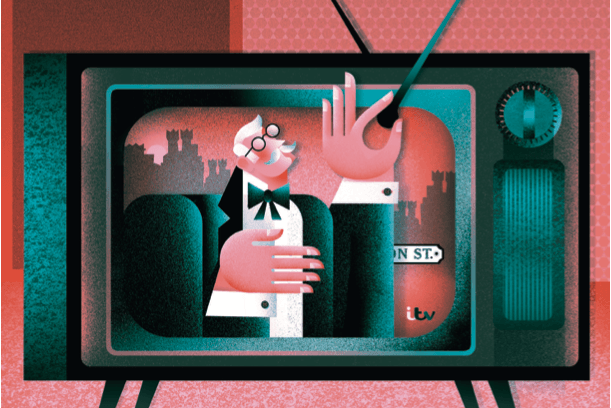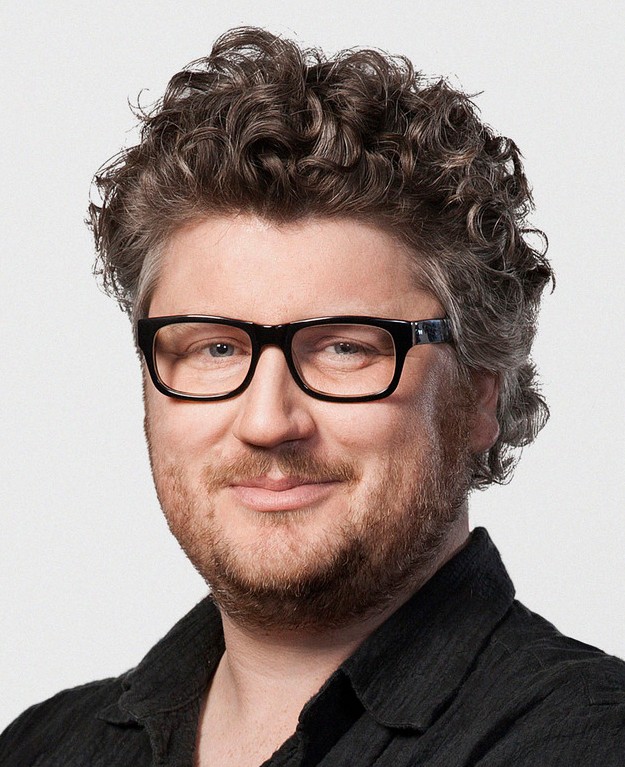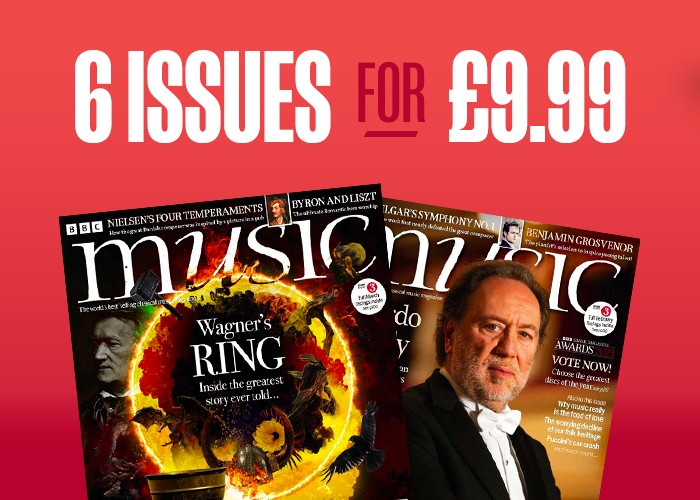Are TV theme tunes 'real' music?
Often dismissed as trivial, television theme tunes are in fact snippets of musical magic, capable of capturing a time and mood, argues Tom Service

They’re the pieces of music, miniature mandalas of memory and meaning, that we’ve all heard as much as any sounds in our lives. They make existential bridges between a real world of grinding mundanity to places of drama, fantasy and escapism.
I mean, of course, TV themes: the most familiar, nostalgic and taken- for-granted – and now dangerously neglected – form of compositional creativity in the musical world.
Their taken-for-granted status is a condition of their success. If the shows they frame are really popular, TV themes are hardly heard as music at all: in soap operas, they are instant sonic portals to Ramsay Street, the Queen Vic or the Rovers Return.
Eric Spear’s music for Coronation Street is the single most-played theme tune on terrestrial telly. Its 22 seconds of exquisitely distilled nostalgia lead us gently into the drama of Corrie’s characters in 10,000-and-counting episodes since 1960.
Spear remembered that his brief for the tune was a mass of competing ideas: ‘They wanted something melodic, but not too much so. They wanted something rhythmic, but it mustn’t be jazz. They wanted something exciting, but it mustn’t be too thrilling.’
Somehow, Spear fulfilled that impossible-sounding commission in music that’s both upbeat and melancholic, with that cornet languidly soloing over a laid-back jazz band. For those of us who grew up with it, Spear’s music is the sound of a nation gathering round the communal tellybox.
More like this
Spear’s pioneering artform has had any number of virtuosic successors in British TV, from Denis King’s suavely seductive Lovejoy to Simon May’s once- heard, never-forgotten tune for Howards’ Way, and Carl Davis’s cod-classical concerto for Pride and Prejudice.
The taken-for-granted status of TV themes is a condition of their success.
My favourite is Anne Dudley’s music for ITV’s Jeeves and Wooster, in which the unforgettable art deco dance-band earworm she composed for the theme tune is used throughout the shows as a leitmotif, becoming everything from a parody of Wagner to Vaughan Williams.
And in the streaming era, TV themes have entered another golden age, from the epically serious medievaliana of Ramin Djawadi’s Game of Thrones to the sounds of narcissistic dissolution that Nicholas Britell created for the fetid family drama of Succession.
But there’s a threat to this ever- developing artform: the ‘Skip Intro’ button on streaming services like Netflix. It’s estimated that 136 million intros are skipped every day around the world. For Britell, that’s a TV-theme tragedy, since those millions of intro-skippers are missing out on the essential atmosphere-creation of theme tunes and their title sequences.
I think Britell is right: let’s all do our bit to recognise the creativity of TV composers and allow the brilliance of their theme tunes to burrow into our consciousnesses. Don’t skip the intros!
Tom Service explores how music works in The Listening Service on Sundays at 5pm on BBC Radio 3.
Authors

Tom Service is a familiar voice to BBC Radio 3 listeners, the station on which he has presented Music Matters since 2003 and his own programme The Listening Service, in which he breaks down how music works. He is also a monthly columnist for BBC Music Magazine. For many years, Service wrote for The Guardian, where he was chief classical music critic.




